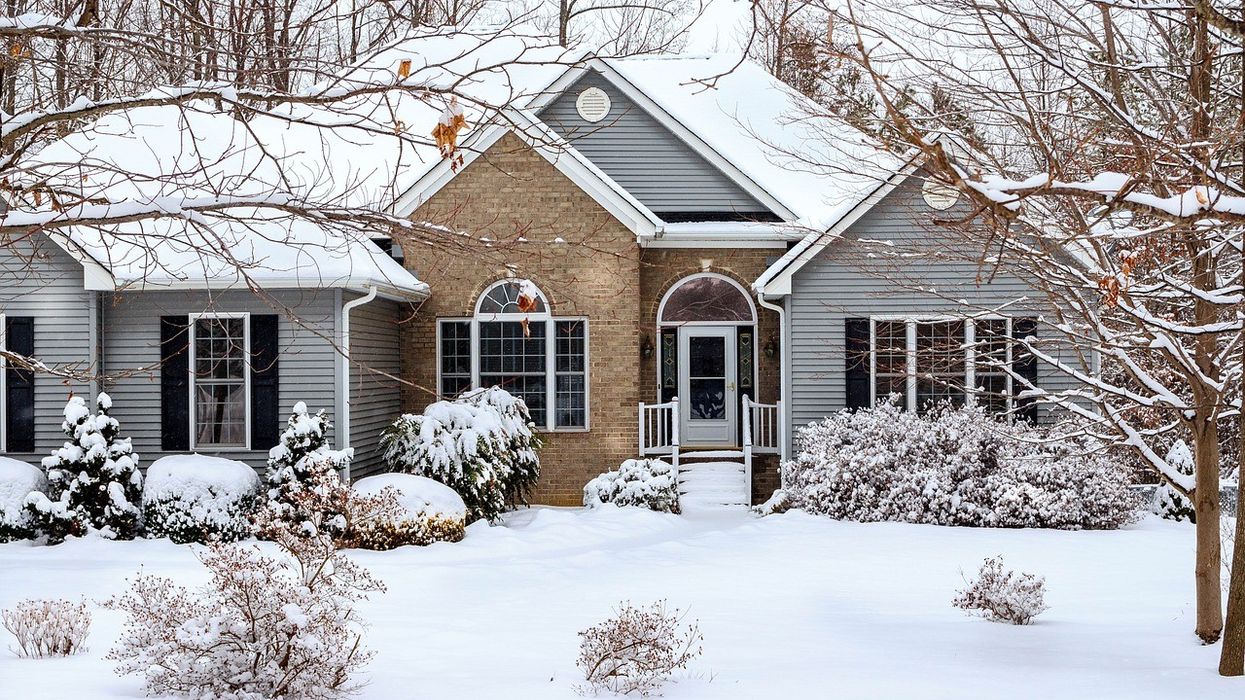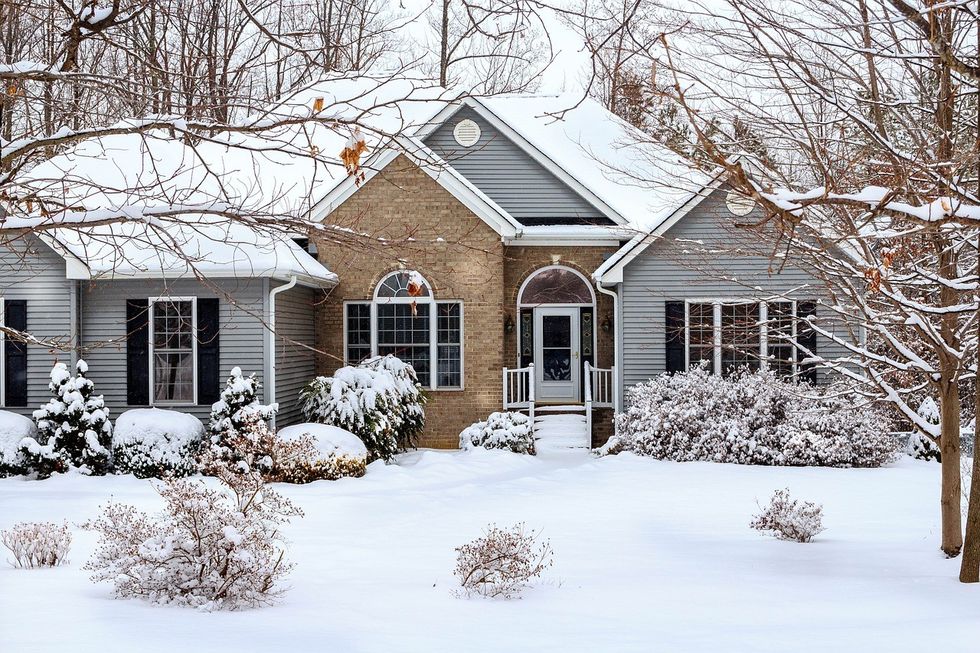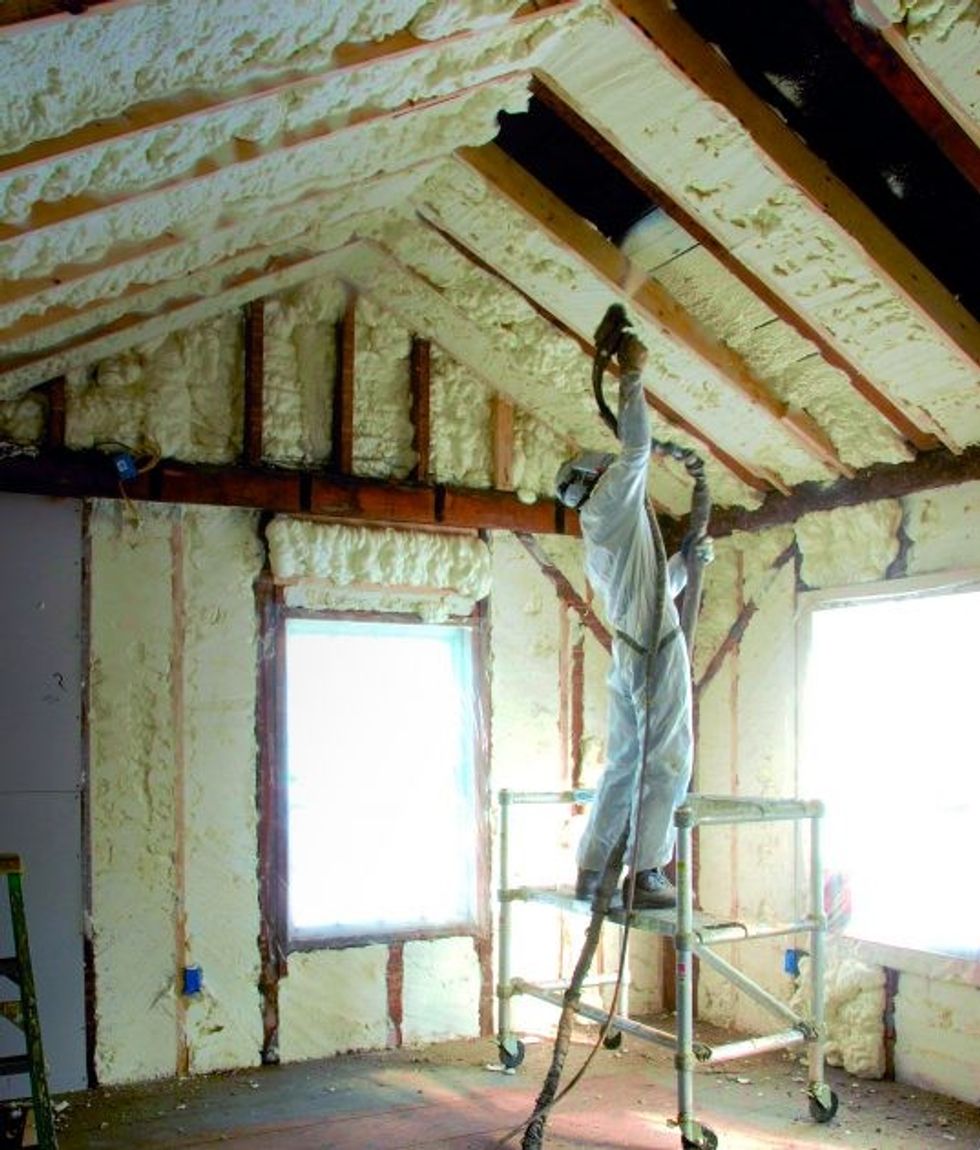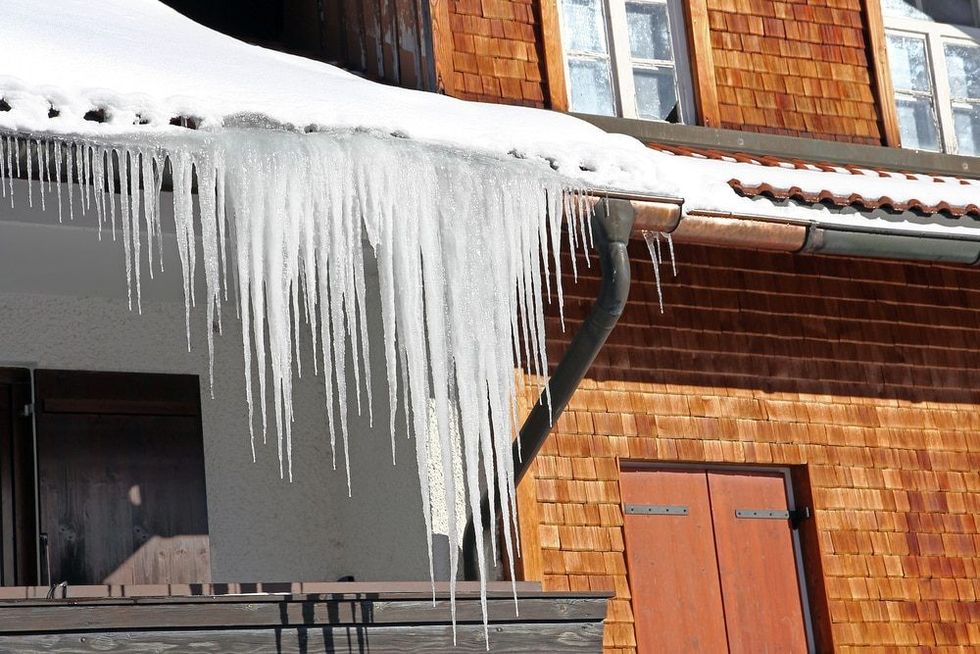Our homes are our havens, especially in the winter months, when the chilly winter weather can leave you wanting to do nothing else but hibernate.
Don’t shudder at the thought of shivering through winter. Ensure your home is filled with the right elements to keep drafts out and warm, clean air in. While cozy throws and blankets may come to mind, it is the products you don’t see that help to truly make a home comfortable. Products or materials like spray foam insulation.
Spray Foam Insulation Will Save You In The Long Run
Unlike traditional insulation materials, such as fibreglass and cellulose, spray foam completely seals the home with no gaps. It prevents common air leaks, saves you on energy bills and even helps improve your home's indoor air quality.
Insulation is a vital part of a comfortable, greener home. Having worked on homes from pre-builds to renovations, spray foam insulation is an investment that continues to pay back its worth.
READ: Heated Driveways Might Be The Solution To Your Winter Woes
Unlike other building materials, it can be added to your existing home, replacing your old insulation. It can also be specified or requested for a pre-build. Spray foam insulation is energy efficient and, when properly installed, can deliver energy savings of up to 45 per cent for the life of your property.
Consider this—the amount of air that leaks out of a home through holes, cracks and cold areas of the house such as near the garage, windows and basement can equate to the size of a basketball and when added up, can leak enough air to fill two blimps every day.
This amount of air leakage and the cost of heating your home to combat this might just leave you and your wallet frosty. The average home in Ontario devotes about 62 per cent of its monthly energy bill to space heating, which can add up to $1,240 or more annually.
It'll Keep You Cool In The Summer Too
The benefits of spray foam are year-round. In the summer, it helps keep your house cool by keeping the air-conditioned air in. Meaning your HVAC equipment won't be forced to work as hard all year to heat or cool your home.
Types of Spray Foam
There are different types of spray foam (open cell and closed cell) that also enhance the performance of your home—even in extreme weather.
READ: How This Retired Couple Is Building The Home Of The Future: A Passive House
With winter coming, think of those snow and ice dams that build up on roofs, this happens when the attic or ceiling is poorly insulated, allowing warm air to escape and causing the snow and ice to accumulate, melt and freeze again when the temperature drops.
While they may make for picturesque winter wonderland photos, ice dams can be dangerous; leading to water damage on ceilings and walls, mould or mildew from wet insulation, eavestrough damage and falling icicles.
It Helps Protect Your Home From Flooding
Spray foam insulation creates an airtight barrier in the attic and roof, filling all the gaps. Closed cell spray foam has also been recognized FEMA (Federal Emergency Management Agency) as a Class 5 building material, meaning it is a flood-resistant material. Closed cell foam can reject bulk water, making it an ideal option for areas prone to flooding.
I even used it in my Florida home. While we may not see white winters there, we do see a lot of storms and rain. And protecting your home from water damage helps mitigate further damage like mould and mildew.
It's Good For Allergies
One of the most important benefits of spray foam insulation is its ability to create cleaner indoor air. This was especially important for me when I helped build my mom’s home, as she has asthma. Spray foam insulation helps minimize airborne moisture and pollutants from entering the home. Whereas traditional insulation materials can break down and create dust. SPF insulation also helps reduce noise within the home.
A cleaner, more energy efficient and healthier home—who wouldn’t want that?
























